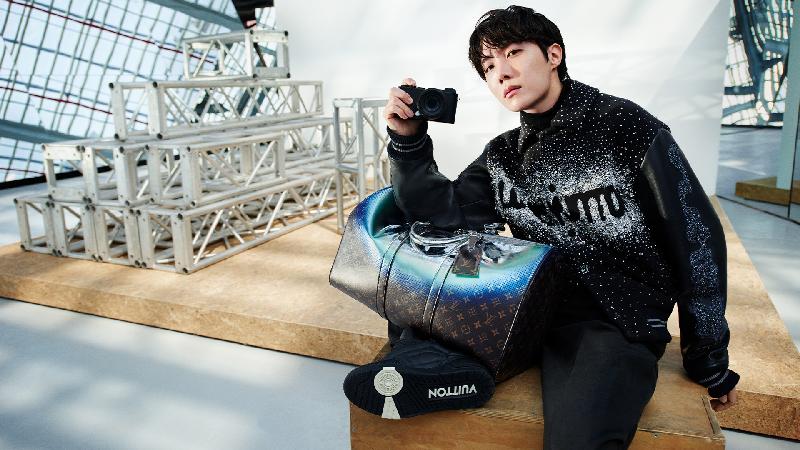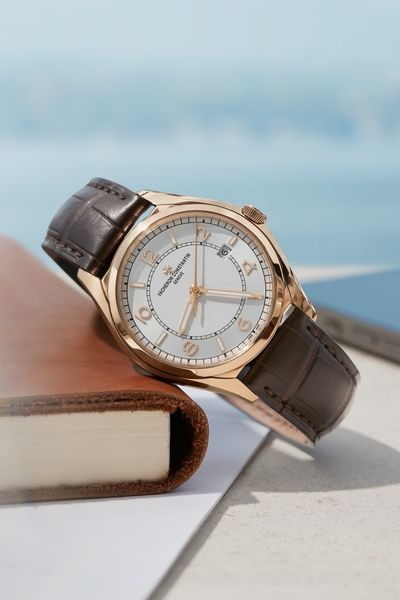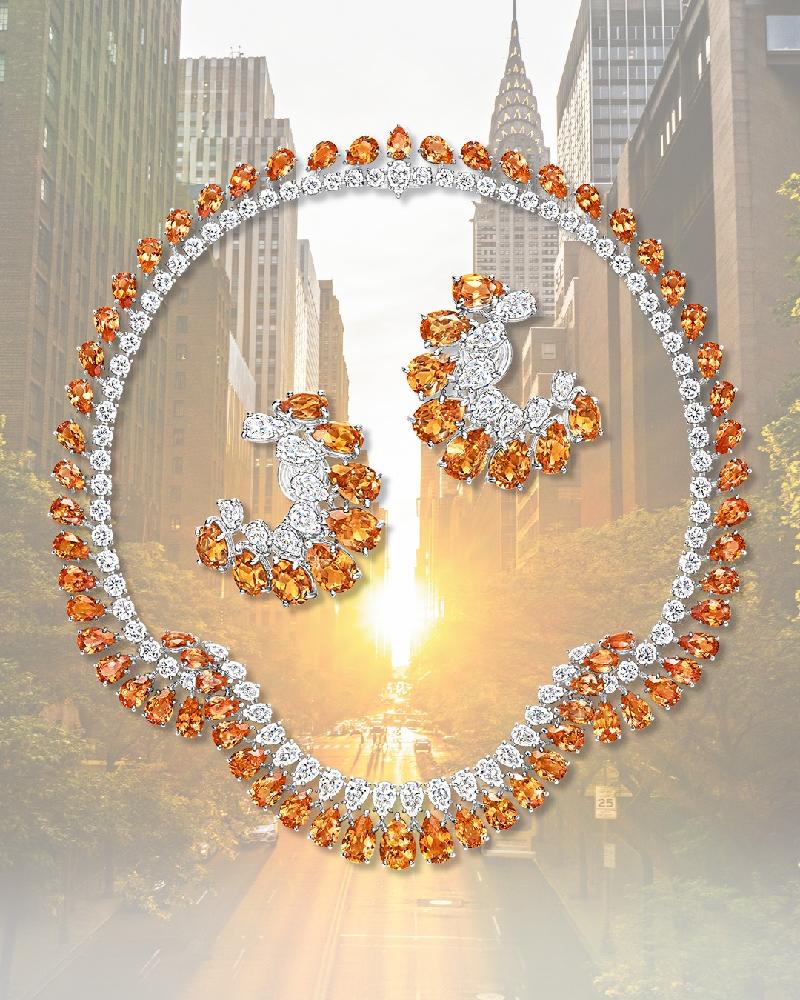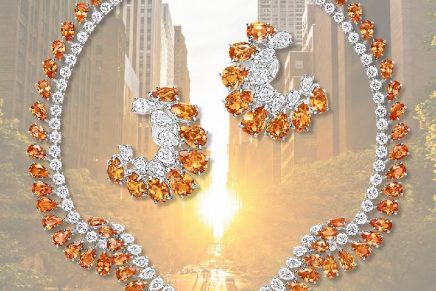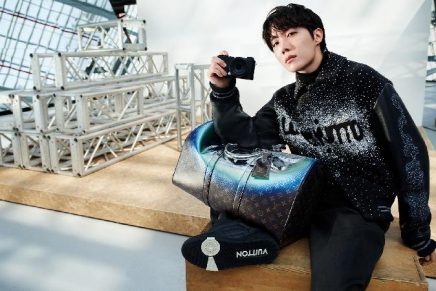Luxury’s Hidden Codes: Unraveling Generational Perspectives and the Rise of Experiences.
From Opulence to Enigma: Decoding Shifting Luxury Perceptions Across Generations.
The definition of luxury has transformed significantly throughout the last century, shaped by the unique perspectives and symbols of each generation. While material possessions and social recognition were traditionally associated with luxury, the rise of experiential luxury among today’s generations has shifted the focus to unique experiences, authenticity, and ethical consumption.
The concept of luxury has evolved significantly over the past century, reflecting changing societal values, economic landscapes, and generational attitudes. Each generation has brought its unique perspectives and symbols of luxury, shaping the definition of luxury notions, products, and lifestyles. Moreover, the rise of experiential luxury in today’s generation, particularly among Generation Alpha, has further transformed the traditional understanding of luxury.
Generation Alpha, as the children of Millennials, exhibits a media-savvy understanding of luxury and inherits the hedonic values of their parents, emphasizing experiences and sustainability. Their technologically connected upbringing further contributes to their evolving consumer behavior. As they continue to mature, their distinct influence on the luxury market will undoubtedly shape the future of luxury consumption.
The Greatest Generation (1901-1924):
The Greatest Generation experienced luxury as a symbol of success and stability after the hardships of the Great Depression and World War II. For them, luxury was often associated with owning a home, having a secure job, and providing for their families. Material possessions such as well-crafted furniture, fine china, and luxury cars represented their definition of luxury.
The Silent Generation (1925-1945):
The Silent Generation, who grew up during post-war reconstruction and the advent of consumerism, embraced the idea of status and conformity. Luxury was often expressed through social recognition, owning a suburban home, wearing tailored clothing, and having access to exclusive social clubs. These symbols represented achievement and social mobility.
The Baby Boomer Generation (1946-1964):
The Baby Boomer Generation witnessed economic prosperity and cultural revolutions, which impacted their perception of luxury. They valued self-expression and individuality. Luxury for this generation was about having the freedom to pursue personal passions and acquiring material possessions like designer clothing, luxury cars, and high-end electronics that reflected their distinct identities.
Generation X (1965-1979):
Generation X, influenced by economic recessions and sociopolitical shifts, developed a more pragmatic and independent approach to luxury. They sought experiences that aligned with their personal values, such as eco-tourism, adventure travel, and niche luxury goods. For them, luxury was defined by authenticity, exclusivity, and personal growth.
Millennials (1980-1994):
Millennials, raised during the digital age and marked by economic uncertainty, redefined luxury by prioritizing experiences over material possessions. They embraced the sharing economy, sought unique travel experiences, and valued social causes. Luxury for Millennials included curated travel itineraries, access to personalized services, and sustainable, ethically sourced products.
Generation Z (1995-2012):
Generation Z, the first true digital natives, further reshaped luxury with their desire for authenticity, customization, and inclusivity. They emphasized self-expression, social media influence, and ethical consumption. Luxury was experienced through limited-edition streetwear collaborations, personalized technology, and unique experiences that catered to their individual tastes.
Gen Alpha (2013-2025):
As the children of Millennials, Generation Alpha is still young, and their luxury preferences are still evolving. However, early indications suggest that they are indeed shaping up to be shrewd luxury consumers. Gen Alpha is growing up in a highly connected world, with access to vast amounts of information and a tech-driven lifestyle. They have inherited the values of their parents, including a focus on experiences, sustainability, and individuality. Moreover, they have been exposed to luxury from an early age through influencer culture and aspirational social media content.

